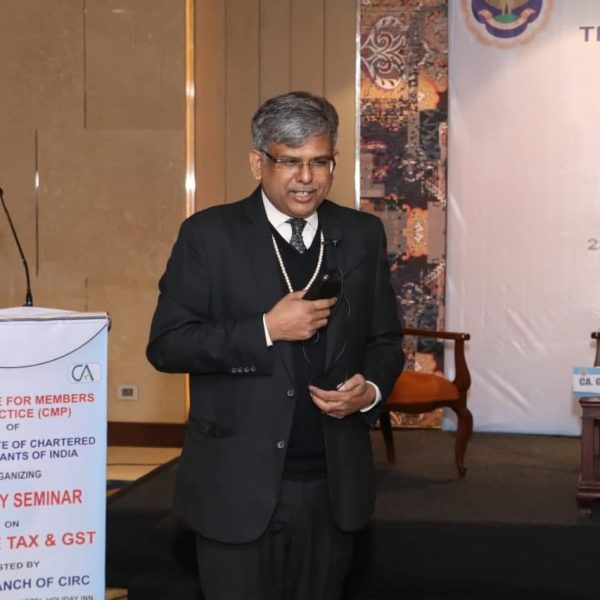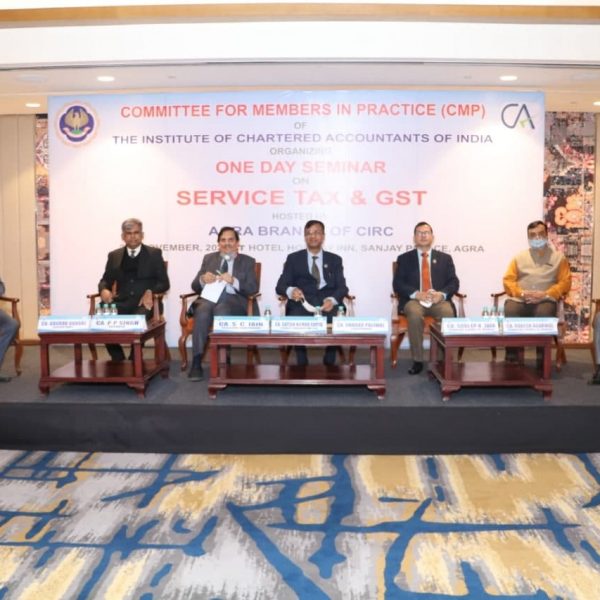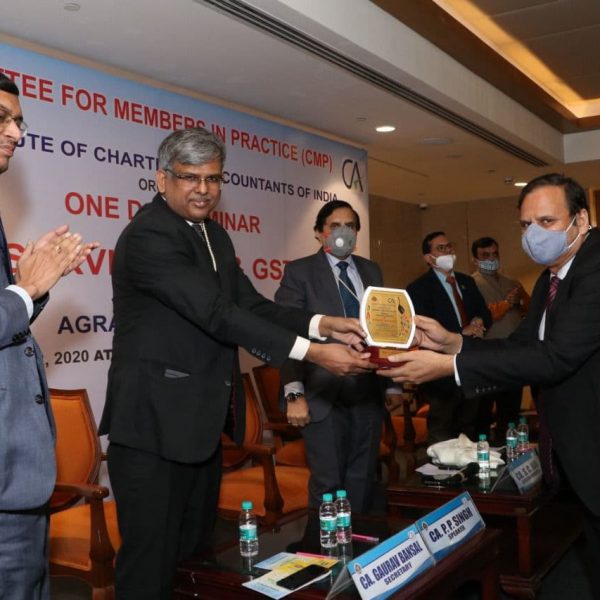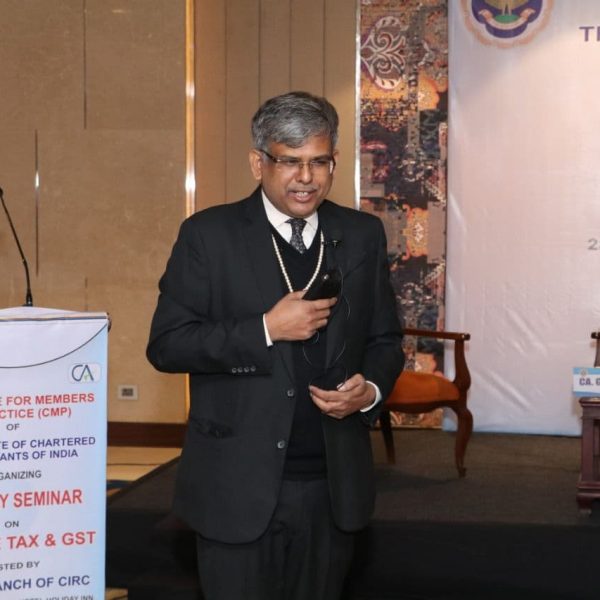Startup India is a flagship initiative of the Government of India to build startups and promote innovations. The campaign was first announced by Indian Prime Minister, Shri Narendra Modi during his speech in 15 August 2015 and it was launched on 16 January, 2016 under the Ministry of Commerce and Industry (Department for Promotion of Industry and Internal Trade) by The Former Finance Minister of India, Shri Arun Jaitley.
What is startup India Scheme?
Startup India Scheme is an initiative by the Government of India for generation of employment, to boost entrepreneurship, economic growth and wealth creation. The goal of Startup India is the development and innovation of products and services through which they providing solutions to the real problems at a mass level and increasing the employment rate in India.
Who are eligible for startup India?
- A private limited company or registered as a partnership firm or a limited liability partnership.
- Incorporated or registered in India up to 10 years from its date of incorporation.
- An annual turnover not exceeding Rs. 100 crore for any of the financial years since incorporation/registration.
- Working towards innovation, development or improvement of products or processes or services, or if it is a scalable business model with a high potential of employment generation or wealth creation.
What are the Benefits of Startup India?
- Financial Benefits
- Self Certification
- Income Tax Benefits
- Government Tenders
- Huge Networking Opportunities
Financial Benefits:-
Most of the startups are patent based. It means they produce or provide unique goods or services. In order to register their patents, they have to incur a heavy cost which is known as the Patent Cost.
Under this scheme, the government provides 80% rebate on the patent costs. Moreover, the process of patent registration and related is faster for them. Also, the government pays the fees of the facilitator to obtain the patent.
Startups are also provided 50% rebate in filing of trademark application.
Further, there are funding support to Startup via a fund of funds corpus of INR 10,000 crore.
Self Certifications:-
Startups are allowed to self certify their compliance under six labour laws and three environment laws. This is allowed for a period of five years from the date of incorporation of the entity.
Furthermore, such a benefit is given in order to reduce the regulatory burden for startups so that they can focus on their core business and keep compliance costs low.
Income Tax Benefits:-
Startups enjoy a good amount of benefits under the Income Tax head. The government exempts their 3 years income tax post the incorporation year.
But they can avail it only after getting a certificate from the Inter-Ministerial Board. Also, they can claim exemption from tax on Capital Gains if they invest money in specified funds.
Government Tenders:-
Everyone seeks to acquire Government tenders because of high payments and large projects. But it is not easy to acquire the government tenders.
Under this scheme, the startups get priority in getting government tenders. Also, they are not required to have any prior experience.
There are relaxed norms of public procurement to the Startups entities.
Huge Networking Opportunities:-
Networking Opportunities means the opportunity to meet with various startup stakeholders at a particular place and time. The government provides this opportunity by conducting 2 startups fests annually (both at domestic as well as the international level).
Startup India scheme also provides Intellectual Property awareness workshop and awareness.
How to get registration under startup?
The government of India has launched a website for easy registration for startups. Anyone interested in setting up a startup can fill up the form on the website and upload the required documents. The entire process is completely online.
Official website: startupindia.gov.in
Here are the top 10 tech startups in India.
- Dunzo
- Udaan
- Byju’s
- Zest Money
- Agnikul Cosmos
- Cure Fit
- Razorpay
- Qure.ai.
- CropIN
- Playment
Easy Exit
Due to innovative nature of Startups, unfortunately a significant percentage of startups fail to succeed. In the event of a startup failure, it is important to reallocate capital and resources left to more productive options available and therefore, a swift and simple winding up process has been set up for Startups. This will promote entrepreneurs to experiment with new and innovative ideas, without having the fear of facing a complex and long-drawn exit process where their capital remain needlessly stuck.
In case of exit – A startup can close its business within 90 days from the date of application of winding up.
Conclusion
The current economic scenario in India is on expansion mode. The Indian government is increasingly showing greater enthusiasm to increase the GDP rate of growth from grass root levels with introduction of liberal policies and initiatives for entrepreneurs like ‘Make in India’, ‘Startup India’, MUDRA etc.
‘Make in India’ is great opportunity for the Indian start-ups. With government going full hog on developing entrepreneurs, it could arrest brain drain and provide an environment to improve availability of local talent for hiring by startup firms. Being a country with large population, the plethora of opportunities available are many for startups offering products and services ranging from food, retail, and hygiene to solar and IT applications for day to day problems which could be delivered at affordable prices.










